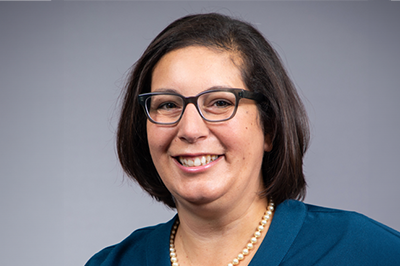Ashley Fox
Associate Professor, Rockefeller College of Public Affairs and Policy, University at Albany, State University of New York
Ashley Fox, PhD, is an associate professor of health policy in the Department of Public Administration and Policy at Rockefeller College of Public Affairs and Policy at the State University of New York’s University at Albany. Her research focuses on health politics and policy and the effects of social policies on health outcomes. Fox’s recent research has examined how state policies contribute to the generation of administrative burden and exclusion from critical safety nets.




